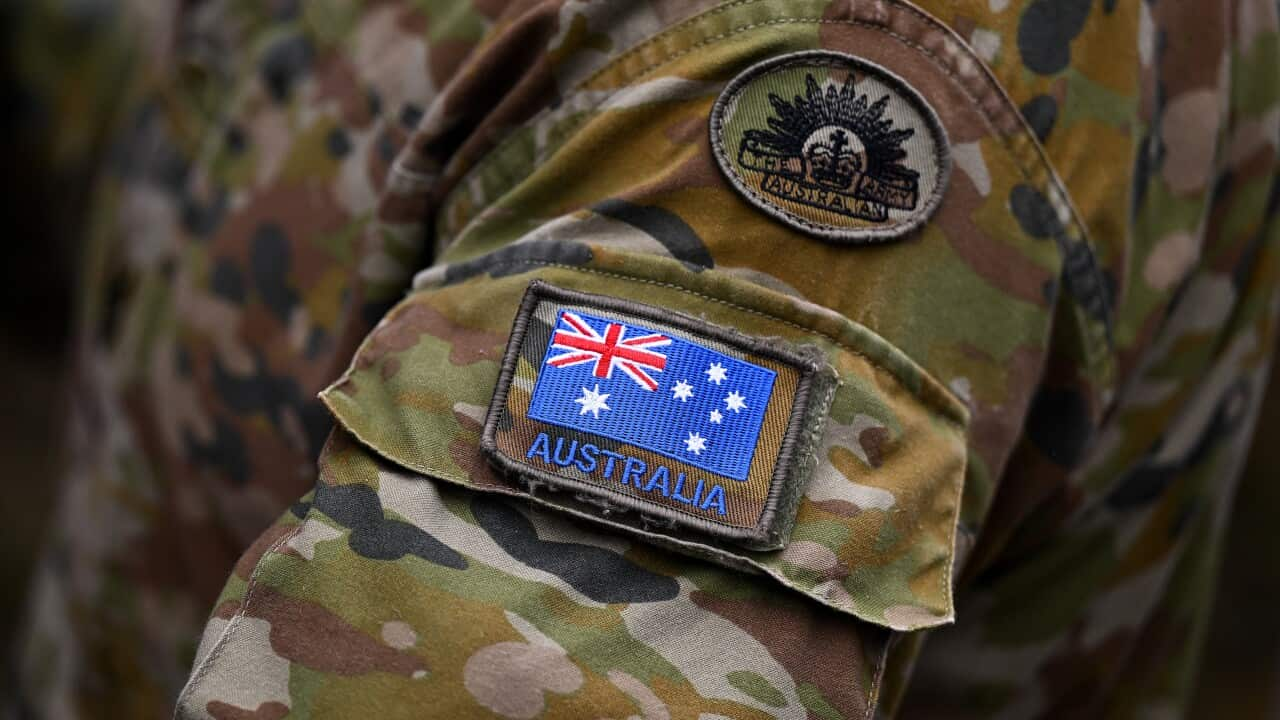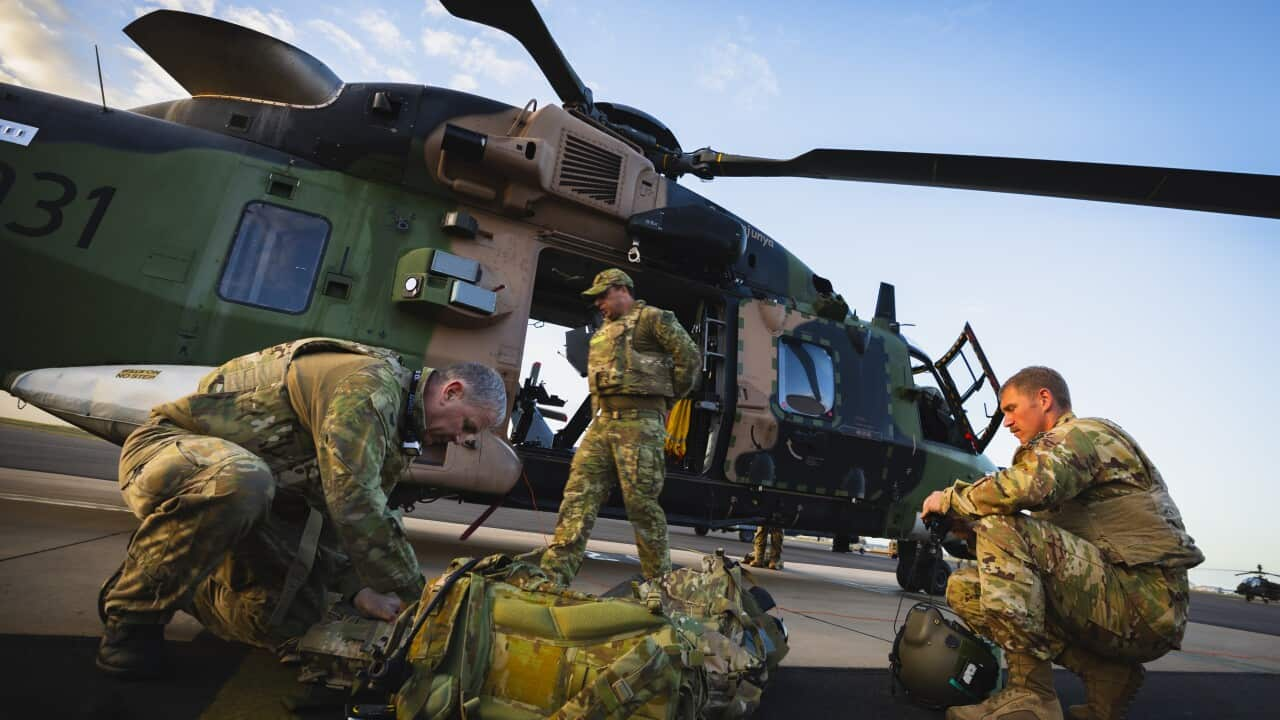Key Points
- The government has shed light on its plans to allow non-citizens to join the Australian Defence Force.
- Defence Personnel Minister Matt Keogh initially claimed people from any country would be eligible.
- The government has since clarified the policy will only apply to those from New Zealand, the UK, the US and Canada.
The government has clarified its claim that all permanent residents will be eligible to join the Australian Defence Force (ADF) from 2025.
It comes after the government's announcement earlier this year that non-citizens would be able to join the ADF for the first time as part of the national defence strategy.
But while promoting the policy, the scope of the plan became a lot bigger, and questions were raised around eligibility.
Here's how ADF eligibility is being expanded, and who will — and won't — be eligible to join.
Who will be eligible to join the Australian Defence Force?
The initial announcement was that New Zealand nationals who met the requirements of being a permanent resident for 12 months and passed security checks would be eligible to join the ADF for 12 months.
This would then be expanded to include British, American and Canadian nationals — members of the Five Eyes intelligence alliance — from January 2025.
Defence personnel minister Matt Keogh then claimed eligibility was much wider, and would include any permanent resident of any nationality.
"From 1 January next year any permanent resident in Australia who has been here for at least one year as a permanent resident, has not been in a foreign Defence Force of any type in the preceding two years and meets all of the usual security and vetting and character requirements of joining the Defence Force would be able to apply," he said on Tuesday.
Keogh continued that claim throughout the day.
Defence Minister Richard Marles later clarified the scope of the plan to the ABC.
"From 1 July, we will be opening up entry into the Australian Defence Force for New Zealand citizens who have been permanent residents for a year," he said.
"From 1 January that will be extended to Five Eyes countries.
"That's the decision that we've taken. But we do have an eye beyond that to the Pacific, really."
The government expects the changes to bring in an additional 350 people each year.
The federal budget handed down in May shows the estimated defence workforce will be 58,600 by 30 June 2025 against a requirement of 63,597 personnel.
Will foreign ADF members be eligible for Australian citizenship?
After 90 days of service, permanent residents signing up to the ADF will be eligible for citizenship.
Fiona McSpeerin, a first assistant secretary at the Department of Defence, says there are already provisions allowing the fast-tracked process under the Citizenship Act.
"It's a faster way to become eligible to apply for Australian citizenship," McSpeerin said.
"It's the 90-day defence service that exists under the Australian Citizenship Act of 2007."
Opposition foreign affairs spokesperson Simon Birmingham expressed concerns that the system could be gamed, with people entering the ADF with the sole intention of fast-tracking their citizenship.

The Australian government is expanding eligibility criteria for joining the Australian Defence Force. Source: AAP / Jono Searle
"People are enlisted under conditions of appointment or enlistment that determine the conditions they are required to meet, their length of service period, what trades that they may go to, and therefore the likely training that will be undertaken under time," Fox said.
"All of that work, and that knowledge and understanding, takes place in the recruitment process before they're actually enlisted. So candidates are all aware of their obligations on enlistment."
Why has there been confusion over the policy?
This isn't the first instance of the government getting the details wrong.
Earlier this week, Immigration Minister Andrew Giles to claim that drones were being used to monitor released immigration detainees.
Health Minister Mark Butler said the government worked to correct the information in both cases.
"It's important that we communicate our policies really clearly," he said.
"And if some miscommunication happens then that is clarified as quickly as possible, and that's happened in both of those cases."
- With additional reporting by the Australian Associated Press











